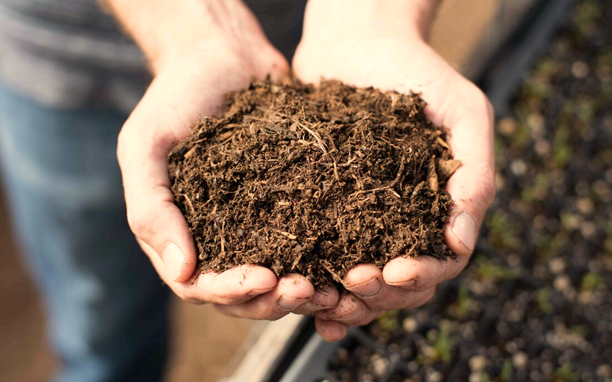Raised Bed Gardening
Best Types of Soil for Raised Bed Gardening
There are many types of soil that one can use for their raised bed garden. In fact, it depends on what type of plants one is growing as to what the best types of soil for raised bed gardening might be. Some types of soil will allow certain plants to grow well, but might dry out quickly, while other types of soil will be too clay-like and not provide a good growing environment for certain plants. Knowing the differences among the different types of soil will help in planning a good organic garden design.
1. Choice of Best Soil Depends on Sunlight
The types of soil for raised bed gardening can also depend on the amount of sunlight that the garden receives. Sunlight helps to break down the clay in the soil, making it easier for the nutrients that plants need in order to grow to be dispersed throughout the soil. Soil that receives less sunlight will be low in nutrients, while the more abundant type of soil will receive more sunlight and therefore be rich in nutrients.
2. Well-drained Oxygenated Soil with Organic Matter
Many people have no knowledge about the actual quality of the soil in their gardens. This leads to problems, such as having their plants die of not being able to grow. Raised bed gardening should be done in well-drained, oxygenated soil, with organic matter as its primary constituent. It is important to work with this in order to achieve healthy, beautiful flowers and plants.
3. Rock Phosphate
One of the best types of soil for raised bed gardening is rock phosphate. It is extremely absorbent, which allows plants to thrive without adding much fertilizer or applying any chemicals. Rock phosphate can also help to regulate the pH level of your soil, making it a very helpful ingredient. This is especially useful for acidic soils, as it works to neutralize the acidity and alkalinity of the soil. This prevents the growth of both fungus and bacteria that can harm plants.
4. Perlite in Soil
Another option that can provide a good balance of elements is perlite. This is a naturally occurring mineral that can be mixed into the soil easily and doesn’t contain a lot of nutrients of its own. It is slightly acidic, but still has plenty of components to make it a great base soil for raised beds. Perlite can also help to regulate the temperature of the soil, as it absorbs moisture from the air and adds it to the soil.
5. Gypsum in Soil
A third option for the best types of soil for raised bed gardening is gypsum. It is an alkaline substance that is easily absorbed by the soil and it does not have much of a magnesium content. It does not, however, offer a high amount of potassium. Gypsum can be mixed in with other materials to create a more desirable mix of soils.
6. Rock Wool
The fourth choice for the best types of soil for raised bed gardening is rock wool. It is rich in cellulose, which is what most plant roots need to grow. It does have a high amount of sodium though, so you should be sure to either use less water or increase the amount of liquid fertilizer that you use. Rock wool is quite sturdier than gypsum and pyrite, so it is an attractive addition to the list of materials that can be used for raised bed gardening.
7. Vermiculite
The fifth and final option to consider for the best types of soil for raised bed gardening is vermiculite. This is a very expensive product and is also a very good choice if you are simply trying to recreate a natural type of soil. While not highly recommended for plants that will be foraged, vermiculite is highly recommended for any plants that you plan to be used in flower and fruit gardens. It is also highly recommended for ground cover plants in borders due to its tendency to hold moisture rather than allowing it to evaporate.
8. Conclusion
For choosing the best types of soil for raised bed gardening you should know the requirements of the plants and the availability of sunlight in the area where the raised beds are located. The soil types and elements explained above can make it easy for you to choose the best types of soil for raised bed gardening.

